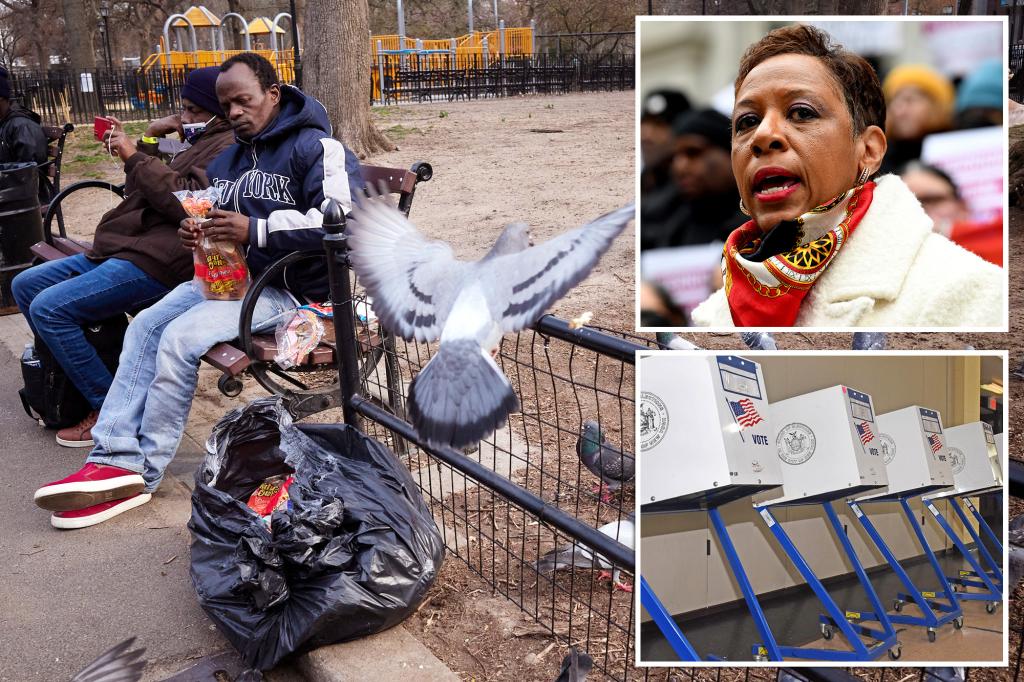The New York City Council is seeking to appeal two court rulings that deemed a law allowing noncitizen immigrants to vote in city elections as unconstitutional. This law, known as Local Law 11, was passed by the City Council and signed by former Mayor Bill de Blasio in late 2021. The law would have allowed 800,000 noncitizens with green cards or legal authorization to vote in city elections, but was struck down by an appellate court last month. The council is now appealing to the state’s highest court to have the rulings overturned, arguing that noncitizens who pay taxes and contribute to their communities should have the right to vote.
Advocates for the law believe that allowing noncitizen immigrants to vote will increase civic engagement and strengthen New York City. The case will now be heading to New York’s Court of Appeals for further consideration. Mayor Eric Adams, who is a co-defendant in previous court battles over the law, did not join in on the challenge Monday. When he initially took office, Mayor Adams endorsed the idea of allowing noncitizens to vote, but has been quiet about the issue as of late. The mayor’s office did not respond immediately to requests for comment on the appeal.
Republican politicians have been vocal opponents of the law, arguing that it is unconstitutional and devalues the votes of citizen New Yorkers. US Rep. Nicole Malliotakis, who represents Staten Island, praised the appellate court’s decision to block the law, emphasizing the importance of preserving the integrity of the election system. The City Council has faced legal challenges to the law before, with a previous ruling from a Staten Island Supreme Court also deeming it unconstitutional. The outcome of the appeal remains unclear, and the legal fight continues to raise concerns about the impact on upcoming elections and voter trust.
The legal battle over the law allowing noncitizen immigrants to vote in New York City elections is ongoing and remains a contentious issue. Advocates believe that empowering noncitizens to participate in the democratic process is crucial for promoting civic engagement and ensuring a more inclusive society. The appeal to the state’s highest court reflects the City Council’s determination to defend the law and uphold the rights of noncitizens who contribute to their communities. However, opponents, particularly Republican politicians, continue to argue against the law, citing concerns about its constitutionality and potential effects on the election system.
The conflicting perspectives on the law highlight the complexities and controversies surrounding the issue of noncitizen voting rights in New York City. As the legal battle unfolds, the future of the law and its implications on elections remain uncertain. The case is expected to be a major issue for New York voters in the upcoming November elections, further emphasizing the importance of the ongoing legal proceedings and their potential impact on the city’s electoral landscape. As the City Council and opponents continue to make their cases, the ultimate decision will have significant implications for the rights of noncitizen immigrants and the broader democratic process in New York City.


